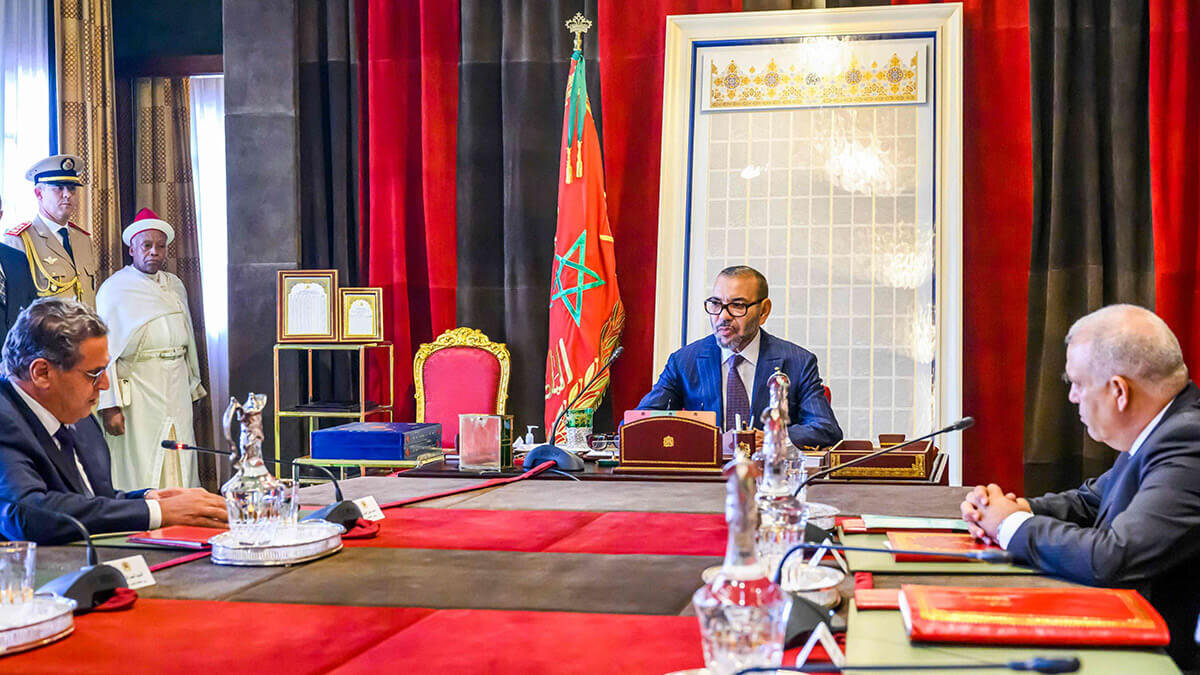Morocco’s social security reform and earthquake recovery plans: Government defends its initiatives

Speaking on Thursday, Minister of Health and Social Protection Amine Tahraoui presented a draft law amending the existing framework for mandatory basic health insurance.
This new legislation seeks to transfer the management of public sector health coverage from the National Fund for Social Security Organizations (CNOPS) to the National Social Security Fund (CNSS), centralizing oversight of insurance systems.
Mustafa Paytas, the government spokesperson, stressed that this reform was not a new initiative but rather a fulfillment of Article 15 of the mandatory health insurance law, which mandated a unified governing body.
“The integration of CNOPS into CNSS is not an invention or innovation by this government; it is mandated by existing legal frameworks,” Paytas stated during a press briefing.
He added that public sector employees affiliated with CNOPS would be automatically transferred to the CNSS and affirmed that property rights and other concerns dating back to 2005 would be addressed comprehensively.
“Distinguishing between reform and non-reform is vital, as reforms naturally spark debate,” Paytas remarked.
The spokesperson also touched on ongoing disputes, including the open-ended strike by lawyers, confirming that the Minister of Justice remains open to dialogue with the Bar Association.
He highlighted that reforms in this sector aim to serve national development rather than any particular group’s interests.
Additionally, Paytas addressed the draft regulatory law on strikes, emphasizing its nine-year stagnation in parliament and calling for genuine engagement to resolve outstanding issues.
Paytas further defended the government’s handling of reconstruction efforts in earthquake-affected areas from last year.
He assured that “significant mobilization” and “tangible achievements” had been made in key areas such as infrastructure, education, health, water, and road development, under royal patronage.
“Projects linked to infrastructure, education, health, dams, roads, and potable water are progressing well,” Paytas noted, citing comprehensive interministerial oversight.
The government has disbursed 9.5 billion dirhams to support affected populations, providing monthly aid of 2,500 dirhams to 63,766 families.
Additional funds totaling 1.775 billion dirhams have been allocated to rehabilitate homes rendered uninhabitable, benefitting 51,938 families.
“The earthquake response requires extensive and complex coordination,” Paytas emphasized, underlining the significant investment and its wide-reaching impact on the ground.
About The Author
dailymailafric
I am an avid African news observer, and an active member of Daily Mail Africa.
I’m Passionate about staying informed on diverse topics across the continent,
I actively contribute to publishing on political, economic and cultural developments in Africa.



